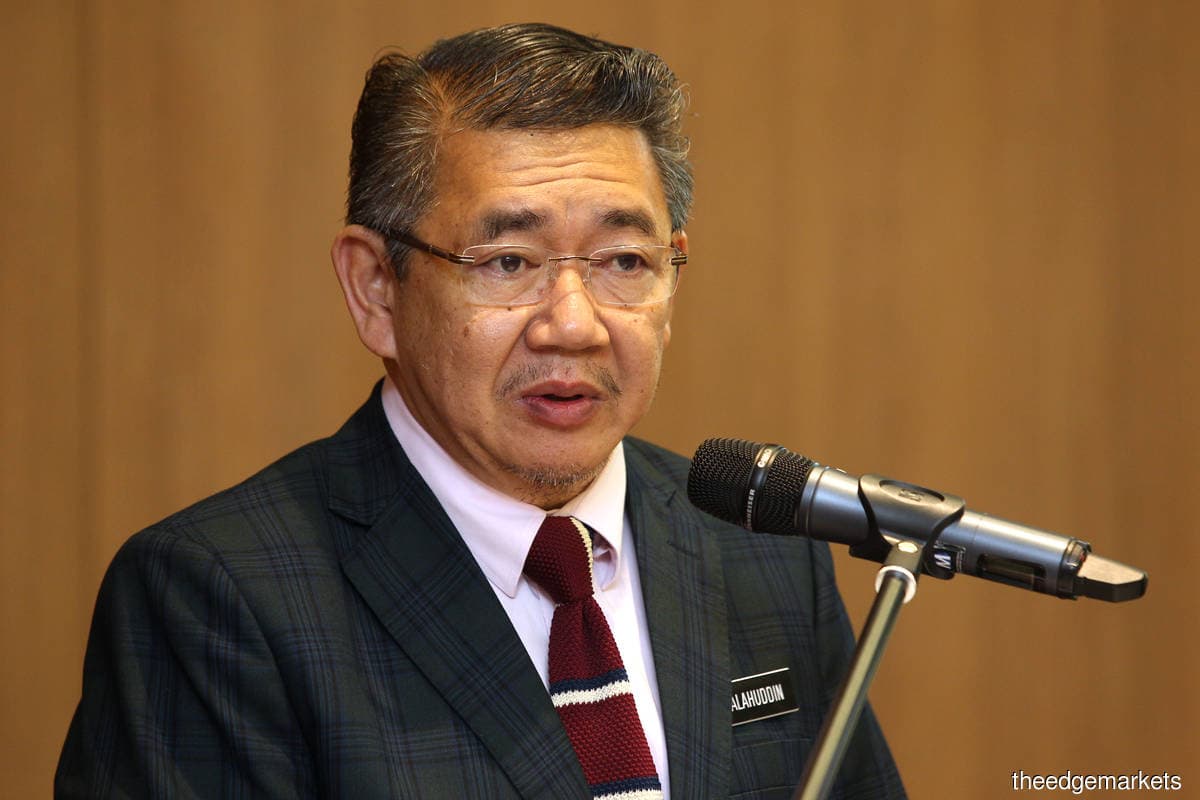
JOHOR BAHRU (Dec 28): All available databases will be integrated to identify those eligible for targeted petrol subsidies, said Domestic Trade and Cost of Living Minister Datuk Seri Salahuddin Ayub.
He said the comprehensive database to be used would consist of data from not only the Road Transport Department (JPJ), but also the Inland Revenue Board (IRB), Bank Negara Malaysia (BNM), Khazanah Nasional Bhd, the Department of Statistics Malaysia (DOSM) and university studies.
He said having a comprehensive data centre is important and necessary to make the targeted subsidy mechanism a success.
"I have already clearly stated that JPJ data is among the data needed, and we will also have data from the IRB, Khazanah, DOSM, BNM and university studies.
"We need to gather all the data. The ministry or the National Action Council on Cost of Living should look at all the data before we make a final decision," he said at a press conference after attending the Malaysian Islamic Chamber of Commerce meeting (DPIM) here on Tuesday night (Dec 27).
Salahuddin said this when asked to comment on economists’ views that granting targeted petrol subsidies based on the cubic capacity of vehicle engines is not very appropriate.
It was recently reported that the JPJ database can be used for the RON95 petrol subsidy scheme, as the Government can identify those eligible based on the engine capacity of vehicles.
Meanwhile, Salahuddin said the ministry is looking into the "nano retailers" initiative as a measure to help housewives earn some income.
He said the initiative could be implemented in collaboration with the DPIM to enable housewives to sell 11 basic items, such as sugar, flour, eggs, rice, cooking oil and dry goods.
"We will help these people to source their goods directly from manufacturers, so that they need not have to go through three or four layers of middlemen.
"Besides being able to earn a small income, the bottom 40% household income target group can also gain from getting goods at lower prices compared to buying from shops," he said.
He said the pilot project could be implemented in every state by involving several areas before it is expanded.